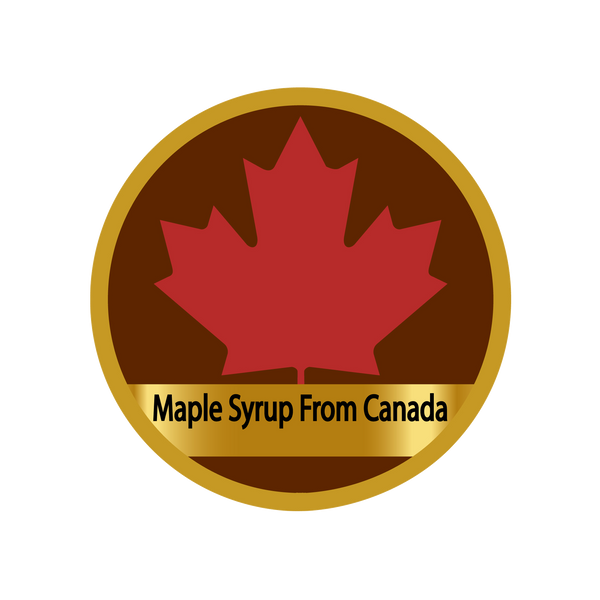For food importers, understanding the trade agreements between countries is pivotal when importing products like maple syrup in bulk. Trade agreements can significantly affect the cost, accessibility, and regulatory requirements of importing goods. This article explains why it's crucial for importers to be aware of these agreements and provides practical recommendations for locating and understanding them.
Importance of Understanding Trade Agreements
-
Reduced Tariffs and Duties: Many trade agreements include provisions that reduce or eliminate tariffs, which can substantially lower the cost of importing goods like maple syrup.
-
Regulatory Alignment: Agreements often harmonize standards and regulations between countries, making it easier to meet compliance requirements and reduce bureaucratic hurdles.
-
Market Access: Being aware of trade agreements helps importers identify new markets or sectors that have been liberalized, providing new business opportunities.
-
Risk Mitigation: Understanding these agreements can protect importers from potential risks associated with changes in trade policies, including tariffs and import restrictions.
-
Competitive Advantage: Leveraging the benefits of trade agreements can provide a competitive edge by lowering costs and facilitating smoother logistics and operations.
Recommendations for Finding Trade Agreements
-
Government Websites:
- Official government trade departments or ministries typically provide detailed information on current trade agreements. For example, the U.S. Trade Representative (USTR) website or the Canadian Global Affairs department.
-
International Trade Organizations:
- Websites of international organizations like the World Trade Organization (WTO) can provide comprehensive databases of trade agreements involving multiple countries.
-
Industry Consultations:
- Engaging with trade consultants or legal experts who specialize in international commerce can provide insights into how specific trade agreements can impact the import of maple syrup.
-
Chambers of Commerce and Trade Associations:
- Local and national chambers of commerce, as well as trade associations, often have resources and expert advice on navigating international trade agreements.
-
Educational and Training Seminars:
- Attending seminars and workshops on international trade can provide valuable knowledge and networking opportunities that help in understanding trade agreements.
-
Subscription Services:
- There are services that provide updates and analyses on trade agreements and international trade news. These can be invaluable for keeping up with changes and new agreements.
Conclusion
For food importers, especially those dealing with bulk quantities of products like maple syrup, understanding the trade agreements between exporting and importing countries is crucial. These agreements directly impact cost structures, regulatory compliance, and market accessibility. By actively using the recommended resources to stay informed about relevant trade agreements, importers can make strategic decisions that enhance their operational efficiency and market success.

